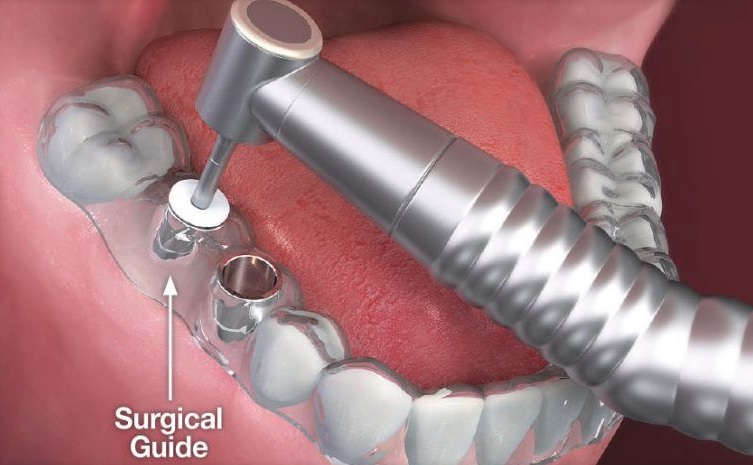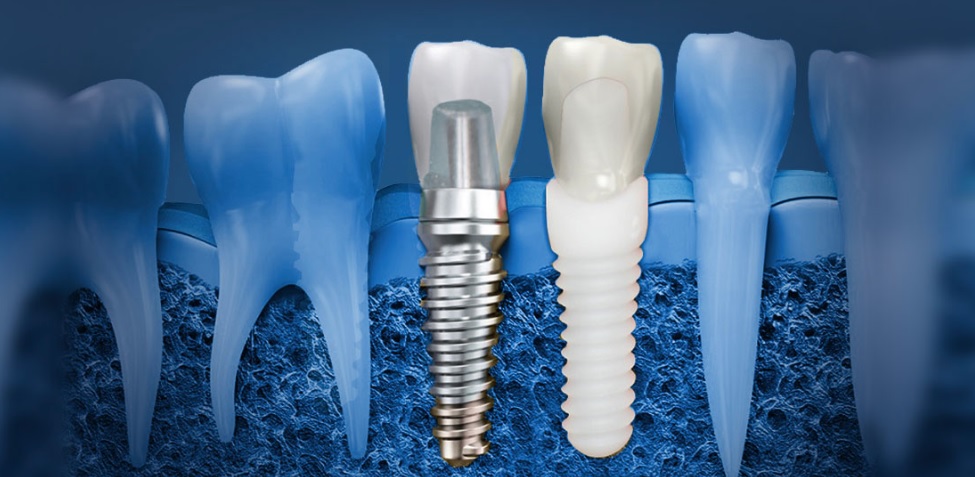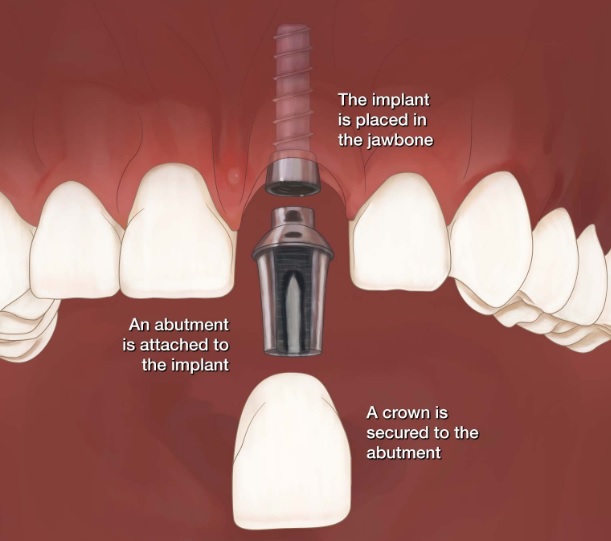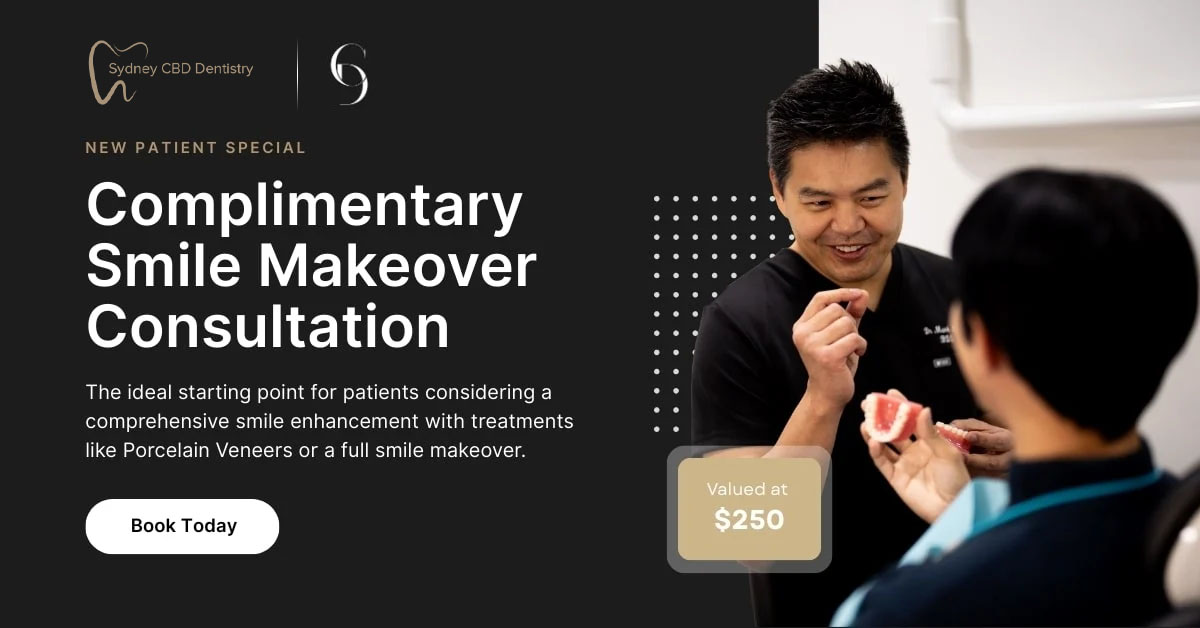How Much Do You Need For Dental Implants?
Gaps and denture malfunction are the things that we always want to avoid. The most common treatments to address gaps and to replace dentures are dental implants, bridges and dentures.
The cheaper way to address the gaps is to have dentures and bridge. For dental bridges, they are attached to two natural teeth to make it look more natural and it is permanent, unlike dentures which are removable and sometimes loses its grip to your gums that would cause an embarrassment.
The dental implant is the most recommended one since it can last for 10-20 years depending on how you take care of it by good oral hygiene.
How much does a dental implant cost per tooth? The cost of an implant depends on how many teeth you need to have and how long is your procedure going to be.
Tooth Implant Price in Sydney
A single tooth implant cost between $6,000 to $8,000. Multiple implant teeth cost between $35,000 to $50,000 or even more. Yes, this procedure is expensive so it is wise to search around and see which dental practice offer the best deal.
Dental Implant Cost at Sydney CBD Dentistry
Tooth implant cost in Sydney CBD Dentistry offers dental implant with CEREC crown for only $5,199 each with payment plan through Zip Pay and National Dental Plan.
There is also what you call full mouth implants or implant supported dentures, this is usually recommended for adult patients who already lose all of their teeth and frequently experiencing loose dentures.
The price of dental implants Sydney depends on the experience of your cosmetic dentist as well as how advanced the technology of your dental practice is.
Your dentist will be able to explain to you the advantages and disadvantages of dental implants. The most important thing that you need to do after treatment is to follow good dental hygiene to avoid problems later on.





